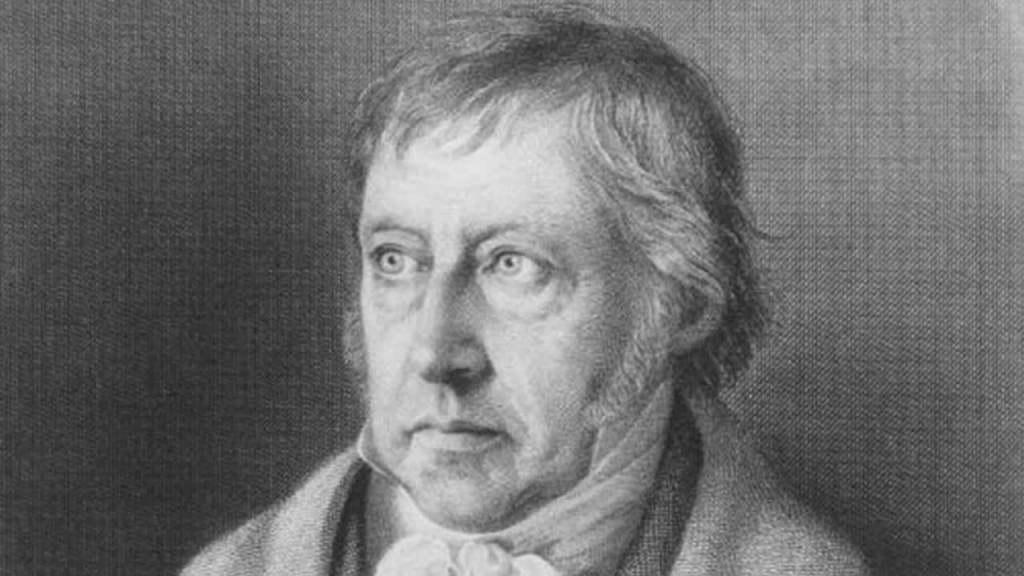David Hume’s current influence
David Hume topped this 2009 PhilPapers survey of most influential and admired philosophers (scroll down to bottom of the page to “Non-living philosophers most identified with”). Aristotle came in second and Kant third. I’ve been thinking much about Nietzsche and Heidegger recently: eleventh and eighteenth, respectively. Overall, the list was still dominated by thinkers in […]
David Hume’s current influence Read More »
